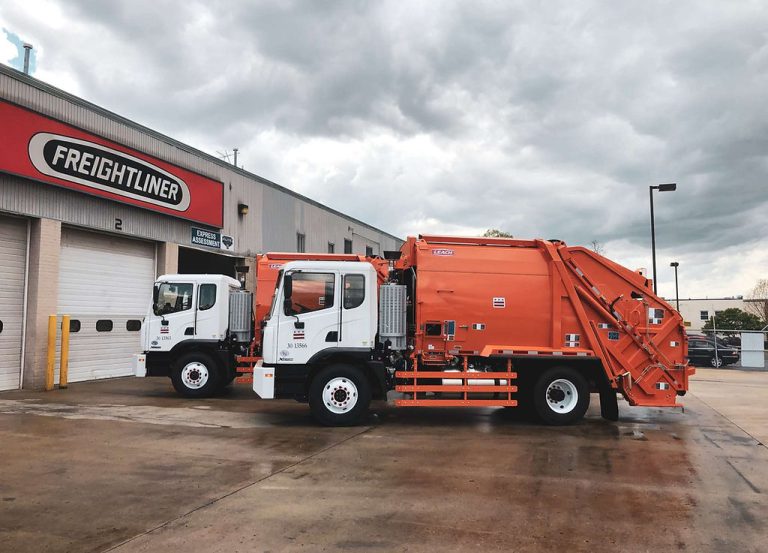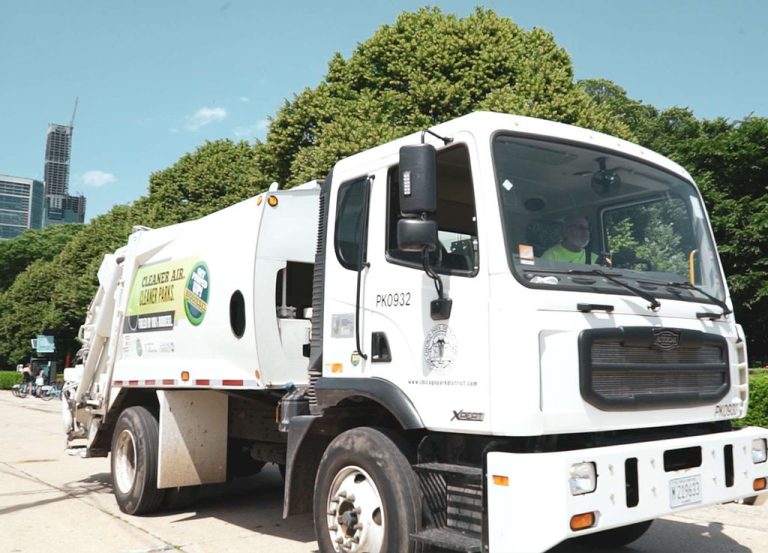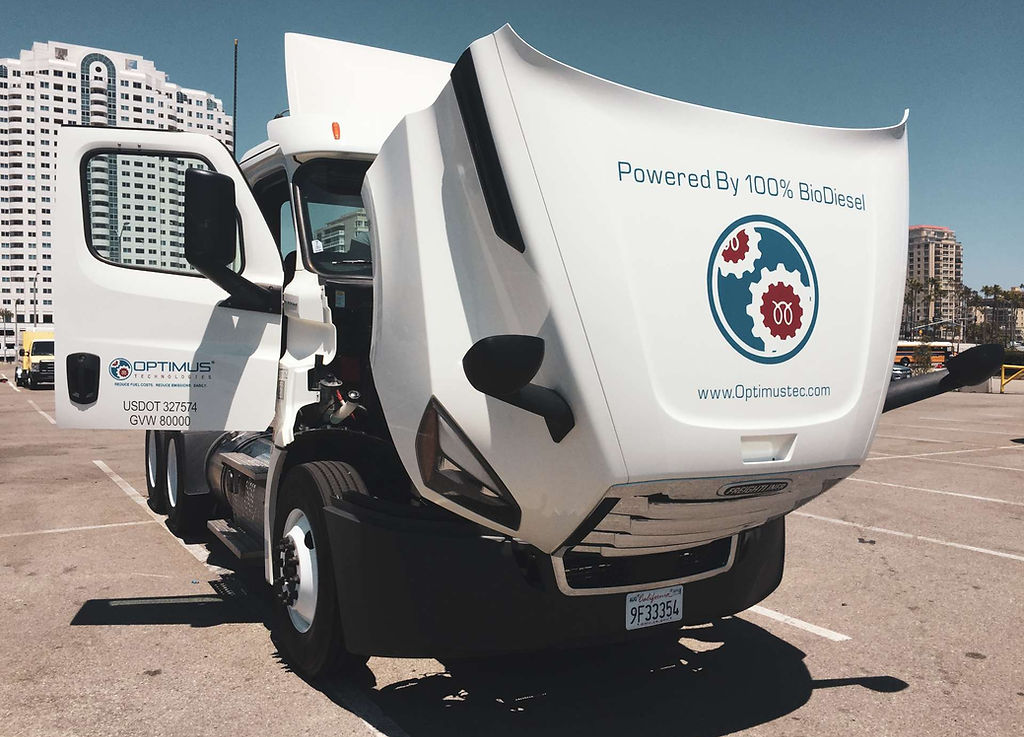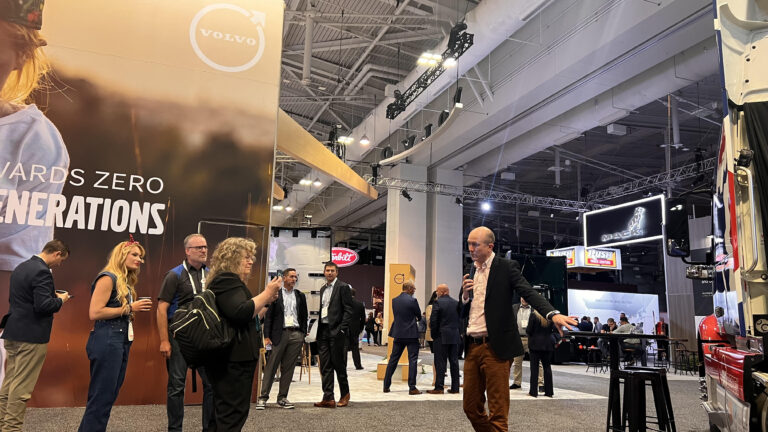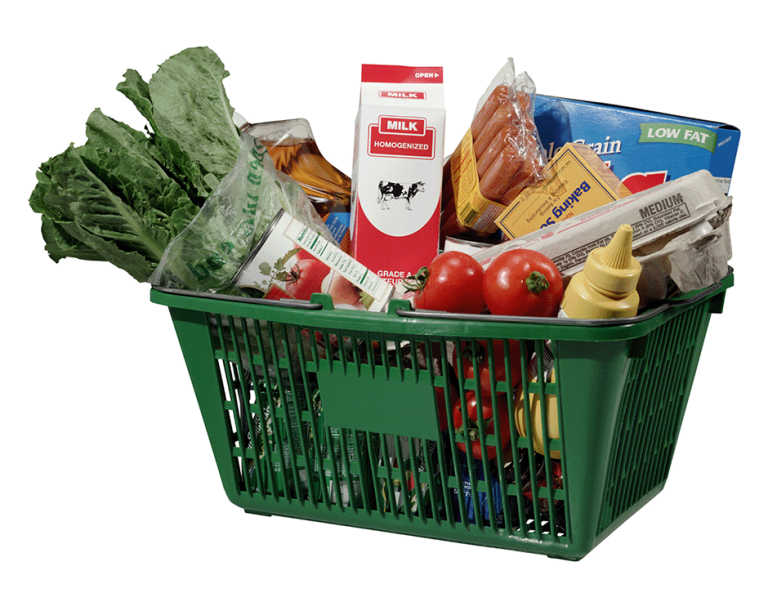3 Reasons Why Reducing Emissions in Transportation is Difficult

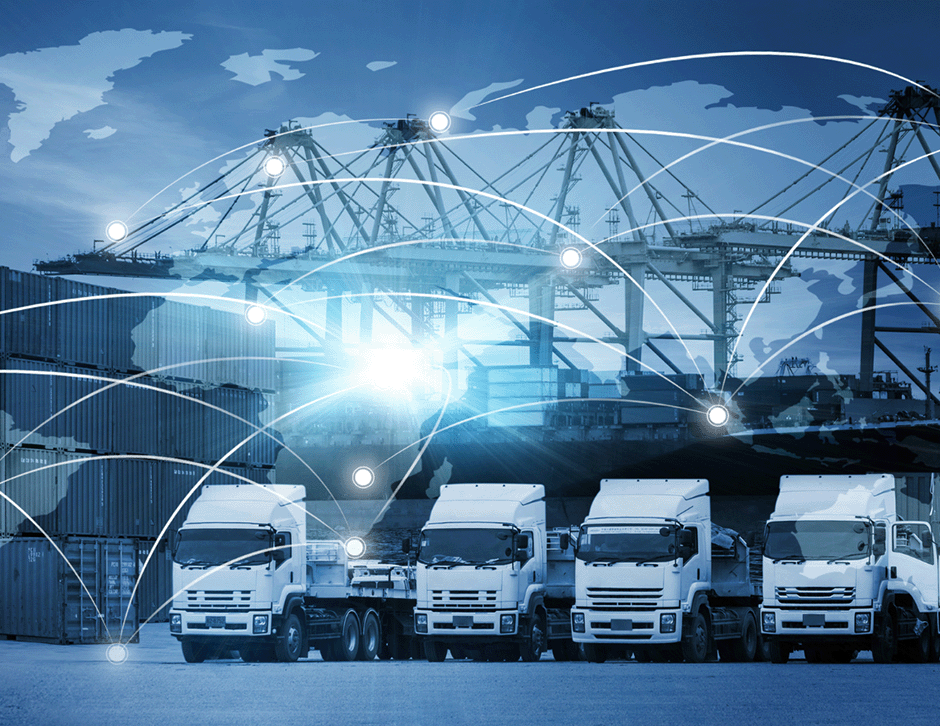
Pressure for all modes of transportation to reduce emissions has never been higher. But the many challenges to sustainable transportation can hold some fleets back. Higher upfront costs, long replacement lifecycles, and limited infrastructure are all hurdles companies face when considering sustainable solutions.
1. Sustainable Alternative Fuels and Vehicles Cost More, Especially Upfront
Electric vehicles, natural gas vehicles, and hydrogen vehicles are very expensive when compared to their fossil fuel-powered counterparts. There are some state and federal tax credits for switching to more sustainable options. Many solutions have been proven to be less expensive in the long run, according to a 2020 Total Cost of Ownership Analysis by Atlas Public Policy. However, if the companies and owner-operators who purchase and drive these vehicles can’t afford the high upfront cost, it doesn’t matter.
Sustainable alternative fuels such as renewable natural gas, biodiesel, or renewable diesel often cost more than diesel. Biodiesel is the most comparable with conventional diesel in terms of cost, and B100 is sometimes even cheaper than diesel. Fueling up with renewable diesel or renewable natural gas can come with large subsidies, but only in states like California.
2. Transportation Vehicles, from Ocean Vessels to Tractor-Trailers, Have Long Replacement Lifecycles
Class 8 trucks have an average replacement lifecycle of 8 years, according to Convoy. It’s hard to justify replacing or retiring a working truck before its useful life is over with a new truck that runs on more sustainable fuels, especially when it costs much more money.
Maritime vessels that carry goods and sometimes people across rivers and oceans are large, expensive, and built to last. They sail for 25 to 30 years before being recycled or retired, according to a Safety4Sea. It takes a lot of monetary incentive, pressure, or regulations to make a shipping company replace a working vessel with a new, more expensive sustainable vessel.
3. Sustainable Solutions Face Scalability, Infrastructure, Range, Weight, and Supply and Demand Hurdles
EVs have to deal with range, infrastructure, and weight limitations because they rely on heavy batteries and charging stations. Other fuels such as biofuels and renewable natural gas face more questions about scalability. Electrofuel providers are coming onto the scene, but they cannot scale up production without knowing there will be a demand, and transportation providers cannot commit to using those fuels without knowing there will be a reliable supply.
On top of these challenges, sustainable solutions are also competing with fossil fuels, which have had enormous subsidies for decades. The sustainable fuels sector will need billions of dollars of investments and subsidies over many years to catch up with the amount invested in scaling the exploration, production, and use of fossil fuels.
Overcoming Challenges
There are clearly challenges fleets face when trying to reduce emissions, but it’s something that’s important for current and future generations. Investors, customers, and governments are also increasingly demanding companies to reduce emissions today , especially those operating in sectors that heavily rely on fossil fuels.
If you’re wondering where to start or looking for a solution to reduce emissions without spending thousands upfront for an alternative fuel vehicle, 100% biodiesel could be the solution for you. [Read this post if you’re curious about the pros and cons of running your fleet on 100% biodiesel.]

